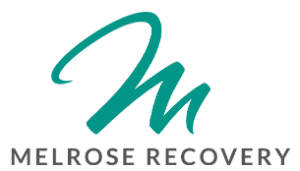CBT vs. DBT for Addiction – Addiction is a complex issue that requires several different weapons to eradicate. Among the various strategies employed in the battle against addiction, two therapeutic techniques stand out: Cognitive Behavioral Therapy (CBT) and Dialectical Behavior Therapy (DBT).
CBT and DBT are both rooted in the principles of psychotherapy and have shown extensive promise in the treatment of addiction. We will delve into the intricacies of CBT and DBT, exploring their methodologies, their applications in addiction treatment, and their effectiveness. Individuals can gain a clearer image of each type of treatment and be able to decide which one better suits their needs on the path to an addiction-free and healthier life.

Understanding CBT and DBT: An Overview
CBT and DBT are two different types of therapy that are like two different tools in a toolbox, each with its unique features and uses.
CBT is like a microscope. It helps individuals closely examine their thoughts, feelings, and behaviors in intricate detail, and seeks to help them replace unhelpful patterns of thinking and behavior with more helpful ones. It’s very structured and often involves work outside of therapy sessions.
On the other hand, DBT is like a map. It guides individuals on how to regulate emotions, stay in the present moment, deal with crises, and be effective in relationships. DBT has four primary areas of focus: mindfulness, interpersonal effectiveness, emotional regulation, and distress tolerance. It’s a type of cognitive behavioral therapy, but it’s much different in how it’s used.
So, in short, CBT focuses on changing thinking patterns and behavior while DBT emphasizes acceptance of difficult emotions and situations. Both are evidence-based psychological treatments that can help individuals cope with various mental health challenges.
The Principles of Cognitive Behavioral Therapy (CBT) – CBT vs. DBT for Addiction
Think of CBT as a kind of mental and emotional problem-solver. It’s a type of individual therapy that helps people understand how their thoughts and feelings influence behaviors. CBT is based on the idea that our thoughts and perceptions influence our behaviors and actions. The goal is to change patterns of thinking or behavior that lead to people’s outwardly-expressed negative actions, and so change the way they feel.
In CBT, individuals work with a therapist to identify and challenge any negative thinking patterns and behavior that may be causing them difficulties. This can help them eventually change the way they feel during situations that may cause high stress or grief, and in turn their future behaviors will be altered for the better.
Individuals might be asked to keep a diary or do ‘homework’ between therapy sessions, which may involve noting down thoughts and behaviors to discuss with the therapist at the next appointment.

If you or a loved one is struggling with substance abuse or mental health issues, Melrose Recovery offers comprehensive inpatient programs that can provide the support needed for a successful recovery journey. With a focus on individualized care and evidence-based therapies such as CBT and DBT, our programs cater to various needs, including detox services as a crucial initial step.
Our client-focused approach ensures a smooth transition from detox to residential treatment, all within a licensed facility. Take the first step towards a healthier future today. Call us today!
DBT is highly structured and teaches critical skills through these four modules:
Core Mindfulness
Distress Tolerance
Emotion Regulation
Interpersonal Effectiveness
CBT for Addiction Treatment: Benefits and Limitations – CBT vs. DBT for Addiction
Cognitive Behavioral Therapy (CBT) is a form of talk therapy that is effective in treating addiction. Here are some of the benefits of CBT for addiction treatment:
Recognizing and addressing negative thoughts and behaviors
Developing healthy coping skills
Addressing co-occurring disorders
Breaking the cycle of addiction
Improving self-esteem and self-confidence
But while CBT has a lot of benefits, it’s not a magic solution for all problems. Here are some potential limitations of CBT for addiction treatment:
Limited long-term efficacy
Requires a high level of commitment
Doesn’t address root causes
Get In Touch
info@melroserecovery.com
501 North Mariposa Ave, Los Angeles, CA 90004













